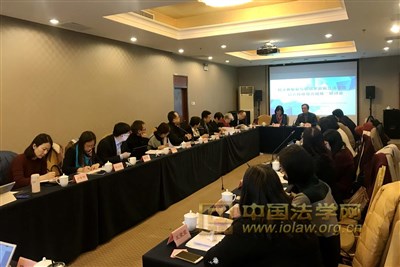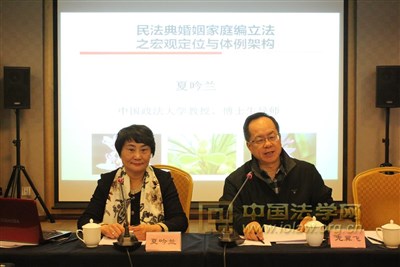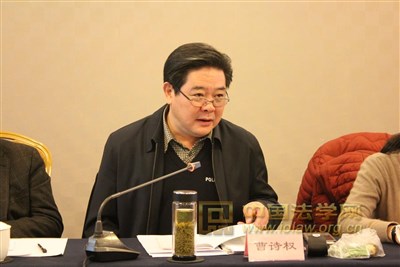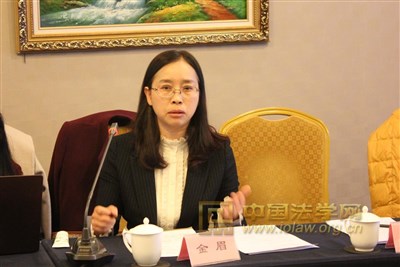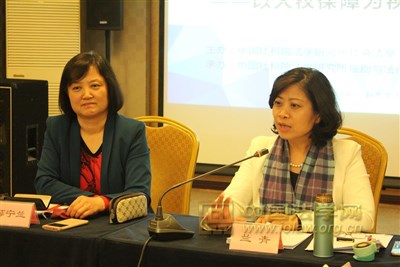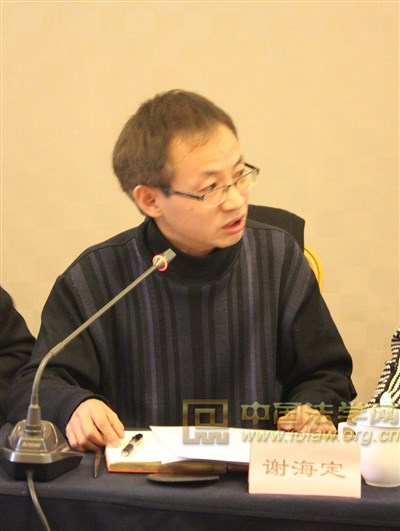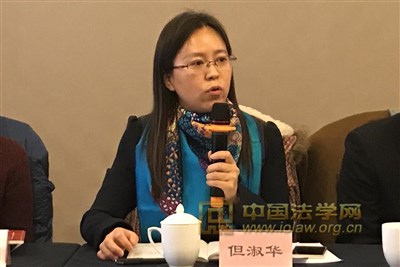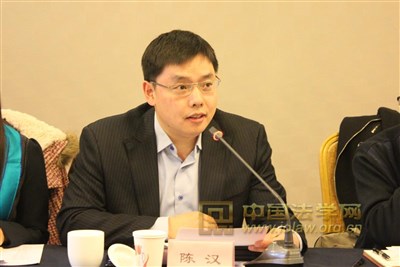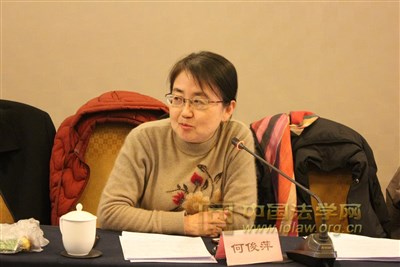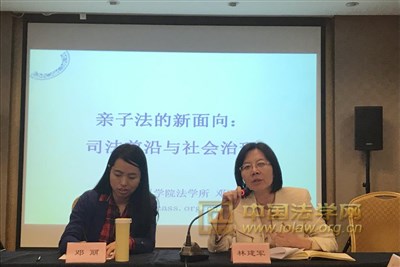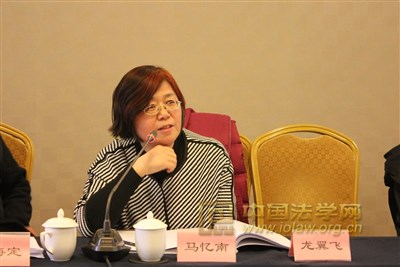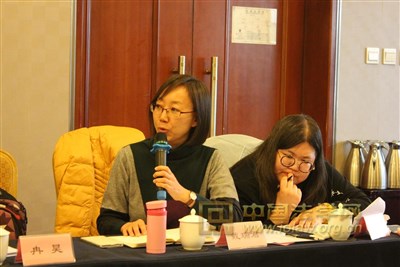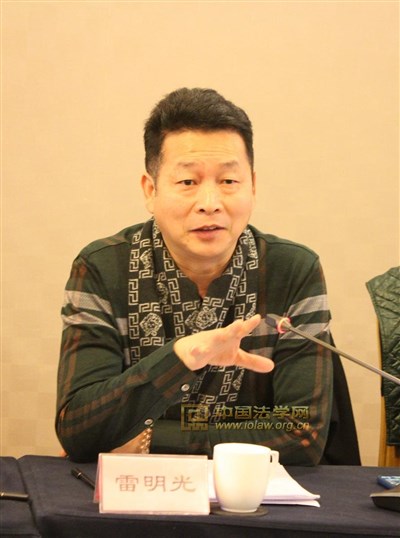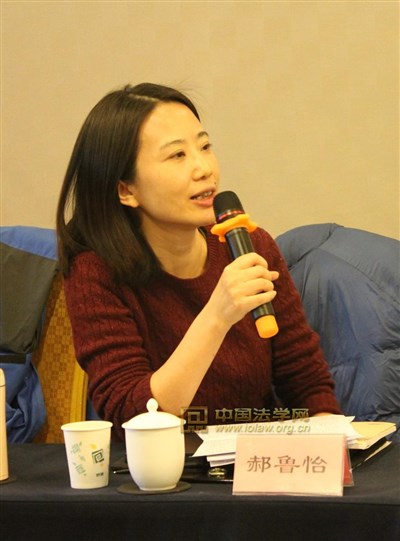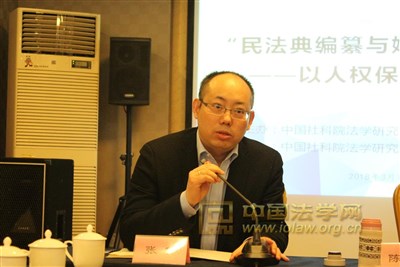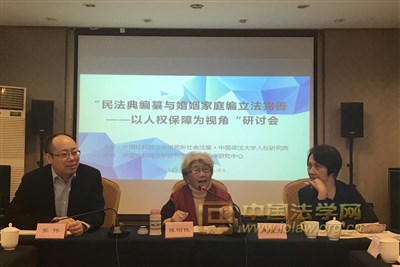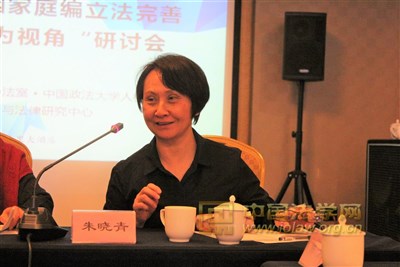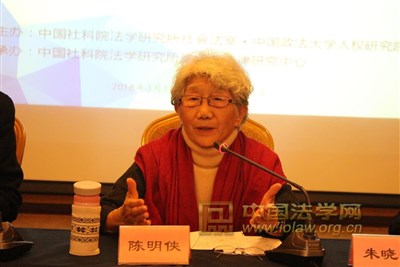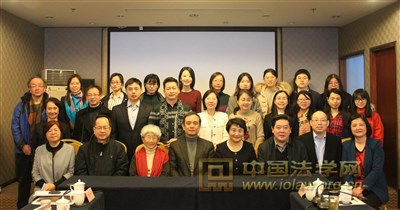The Seminar “Codification of the Civil Law and the Improvement of the Book on Marriage and Family Law in the Civil Code: from the Perspective of Human Rights Protection”, jointly sponsored by the Social Law Department of CASS Law Institute and Human Rights Institute of China University of Political Science and Law and organized by the Center for Gender and Law Studies of CASS Law Institute, was held in Beijing on the morning of March 17, 2018. The seminar was attended by over 30 scholars and experts from CASS Law Institute, CASS Institute of International Law, CASS Institute of Sociology, China University of Political Science and Law, Renmin University of China, Peking University, All-China Women’s Federation, China Women’s University, Minzu University of China, and Chinese People’s Public Security University.
At the opening ceremony of the seminar, presided over by Professor Xue Ninglan, Director of the Center for Gender and Law Studies of CASS Law Institute, Professor Chen Su, Director of CASS Law Institute, gave a speech in which pointed out that the Book on Marriage and Family Law is an important part of the Chinese Civil Code, regulating a wide range of complicated social relations. Various institutional designs provided for in the Book not only affect family affairs, but are also an important aspect of the political life of the country. Against current background of coexistence of different forms of socialization, such as agricultural civilization, industrial civilization, and Internet civilizations, the legislation on marriage and family relations should give timely response to the legislative needs of the multilateral society.
The seminar was divided into three sessions, in which the participants gave keynote speeches and carried out discussions on various issues relating to the following three topics: “the Macro-orientation and Systematic Framework of the Book on Marriage and Family Law in the Chinese Civil Code”, “Construction of the System of Matrimonial Debt”, and “Legal Relationship of Parentage: Challenges and Countermeasures”.
At the closing ceremony, presided over by Zhu Xiaoqing, an advisor to the Center for Gender and Law Studies of CASS Law Institute, Professor Chen Mingxia, also an advisor to the Center, and Professor Zhang Wei, Executive Deputy Director of the Human Rights Institute of China University of Political Science and Law, each gave a speech. In her speech, Professor Chen Mingxia pointed out that in the codification of the marriage and family law, China must emphasize the special position of marriage and family law in the Chinese Civil Code, and be aware of the difference between marriage and family law, as the “law of personal relations”, and the laws on property relations in other parts of the Civil Code, pay attention to the embodiment of ethical and ideological principles in the Code, and incorporate such principles as “the best interest of the child” and “protection of the interest of disadvantaged groups” into the legal system and framework. In his speech, Professor Zhang Wei suggested that in the research on and formulation of marriage and family law, China may take as reference the relevant reports of the UN Human Rights Council and other UN human rights bodies, as well as measures adopted by regional organizations for the promotion of human rights.





